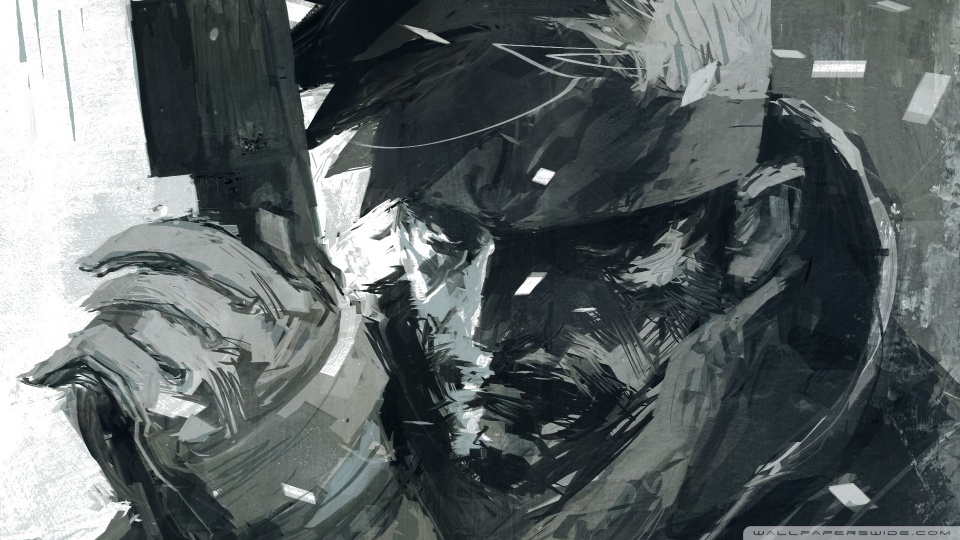If you were to think of the games-industry equivalent of a movie star, who exactly comes to mind? Granted the industry is still young, but if you were to run a few big names by your non-gamer friends, how many do you think they’d actually know, or even recognise? Conversely, how many actors, musicians or athletes could you name, and expect said names to be common knowledge?
I ask these questions because, in recent times, the games industry has seen an exodus of talented individuals breaking away from their associated publishers. In some cases we have witnessed shock resignations, such as Cliff Blezinsky (Epic Games), and Ray Muzyka and Greg Zeschuk (Bioware) leaving studios they had played key roles in establishing. Other times we have witnessed controversial contract terminations; namely, the legal battle between Activision and former Infinity Ward heads Jason West and Vince Zampella. As of last week, you can throw in Patrice Désilets’ name too, after the Assassin’s Creed director left Ubisoft for the second time in three years.
It’s never nice to see people lose or leave their jobs; the games industry sees plenty of that already. But what is particularly saddening is that talent appears to be so undervalued in games today that even our biggest names are getting lost within homogenized brands and big-company images.
Of course it would be impractical for developers and publishers to ignore opportunities that could maximize profits and revenue. Even Cliff Blezinsky, despite no longer working for a notable company like Epic, has defended EA and the use of micro transactions in a recent blog post subsequent to his departure.
However, the need for results and high sales means that the decision-makers at the top too often play things safely. Just look at the number of sequels lined up for next gen: Battlefield 4, Mass Effect 4, Dragon Age 3, Army of Two: The Devil’s Cartel, Need For Speed 2013, Infamous: Second Son, Killzone: Shadow Fall; all of these games are successors or subsequent iterations from established franchises.
I daresay this unfortunate truth leads to tension between big publishers and our industry’s most creative individuals, who look to constantly innovate and venture outside the norm. Perhaps this is the reason we are hearing so many departure stories of late, and the fact that we already have such a small selection of (visible) key developers makes this trend all the more troublesome.
It’s a travesty that most non-gamers probably wouldn’t have heard of Tim Schafer or Warren Spector, for example, and yet these are two household names within gaming circles. Likewise, the fact that someone like Minecraft creator Markus “Notch” Persson reached a million twitter followers and was listed second in the TIME 100 Poll is massive news for gamers, because gamers know that our industry stars are rarely afforded the opportunity to shine.
If this supposed departure-of-talent trend is indeed a trend, than Notch’s success perhaps demonstrates that talent never really dies; it just finds alternative avenues for success. Kickstarter, free-to-play models, and smaller-scaled independent studios are likely to become more viable options as the industry consolidates and bigger publishers continue to experiment with ways of squeezing more money from the average consumer. But if this encourages talented individuals to break free of the mould, innovate with unique gameplay ideas and push the industry forward, then maybe the way we’re going isn’t so bad after all.





